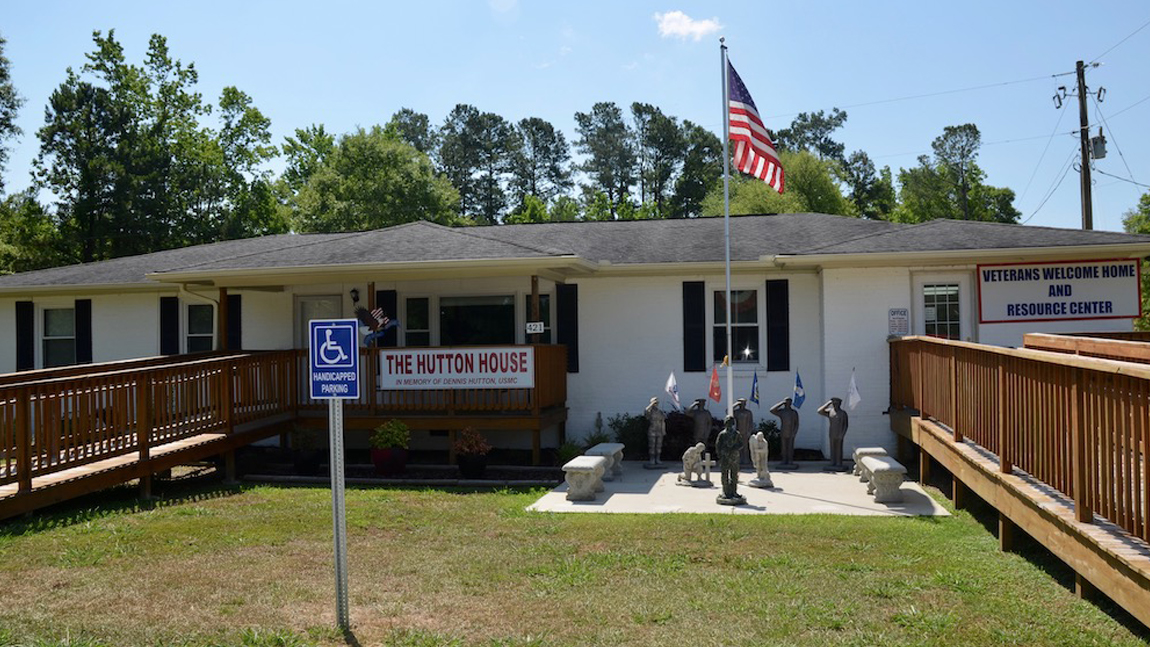By Stacie Pearman
“What else can I do? Oh my God, it’s going to be too late for me, I’m going to get sent right back to where I’ve used for 10 years.”
These are the words of Susan, a 32- year-old, single mother who has struggled with addiction to heroin, fentanyl and crack cocaine, and now, for the first time in her life, is seriously trying to find addiction treatment to save her own life and in turn, be able to raise the son who was taken away from her just months ago.
Susan resides in a Democratic state where she could qualify for Medicaid (the state took the Medicaid expansion provided under the Affordable Care Act (ACA)) and entered a rehabilitation facility. However, she and her treatment team know that she must leave that state as it has been home to many of the drug use triggers if she is to successfully remain clean.
Susan identified a rehabilitation facility here in Horry County where she could go as a single woman or even bring her child with her for addiction treatment and parenting skill support.
Perfect, right? Wrong.
Medicaid Expansion Needed
South Carolina refused to take the ACA’s Medicaid expansion funding, so she will not qualify for Medicaid as a single adult fighting addiction. Had she not lost guardianship of her child, she MAY have qualified for Medicaid, but the requirements are many and put into question whether she could get the help she desperately needs to save her own life.
There is much political noise about the opioid crisis in America. Voices from both side of the political aisle proclaim that something must be done. Then why, if we know that most addicts need Medicaid to receive the addiction treatment they need, have 14 states refused Medicaid expansion, thus denying potentially lifesaving treatment to addicts?
Are we, as South Carolinian Democrats doing enough to tie the Opioid crisis to Medicaid expansion? We need to fight for expansion of Medicaid in the Palmetto State.
“If I can’t get out of this state and start over, I’ll die,” said Susan. She is desperate. Her life, and that of her little son, hangs in the balance.
We know there are addicts who are holding down jobs, functioning as best as they can until their addiction drives them to be jobless and without medical coverage. Then, likely, they will seek out various forms of public assistance like food stamps or Temporary Assistance for Needy Families (TANF) to get by.
They will start using the hospital emergency room either to try and feed their addiction (pill seeking) or to get medical care for themselves and their families. They will reach out to charitable organizations for food, assistance with bills, maybe even for shelter once their addiction results in homelessness.
Children will be intertwined in an overburdened foster care system, which will result in a whole host of problems that could impact them into adulthood-potentially breeding another generation of struggling adults with addiction and mental health issues. Have you ever thought about the economics of not securing treatment for those willing to accept it?
It’s Up to Us
We must secure local and national candidates that understand that their proclamation of wanting to address the national crisis that is the opioid epidemic cannot come without a plan to expand Medicaid. Addicts are our friends, our family, and our neighbors. No one wakes up wanting to be an addict and it makes good economical and human sense to ensure that if someone is willing to save their own life through treatment, that they can do so.
There are 14 states in our country, Republican states, that said “No” to addicts through their cruel policy of denying the Medicaid expansion. This is not a policy of life and compassion. This is all but ensuring that the crisis continues.
Take a stand against policies that prevent treatment. Take a stand for people wanting to save their own lives. Take a stand to save children. Take. A. Stand.





